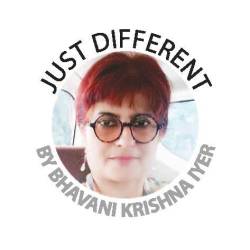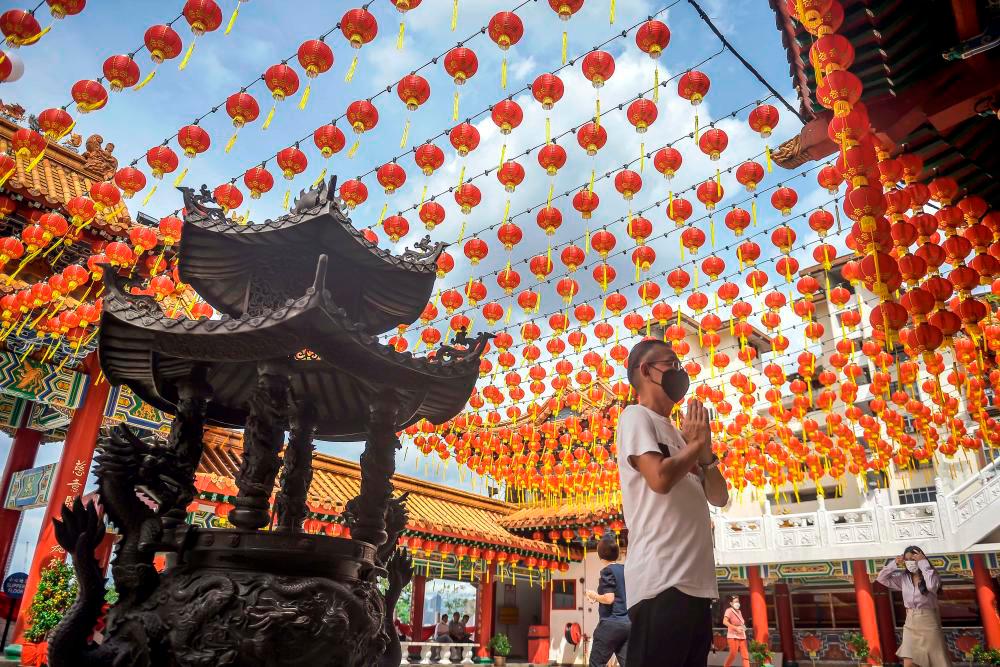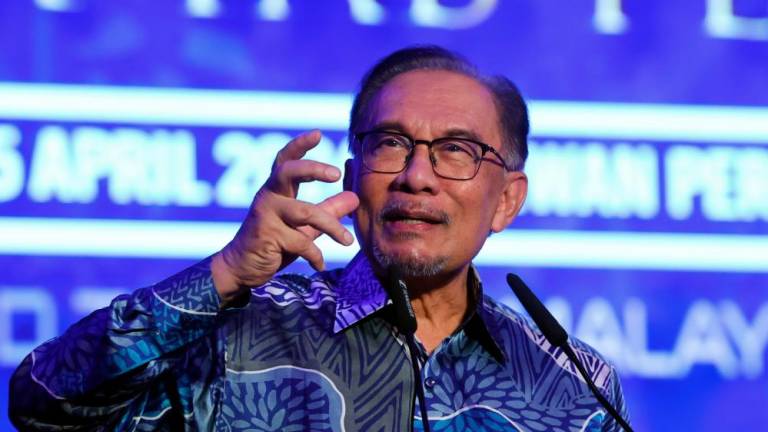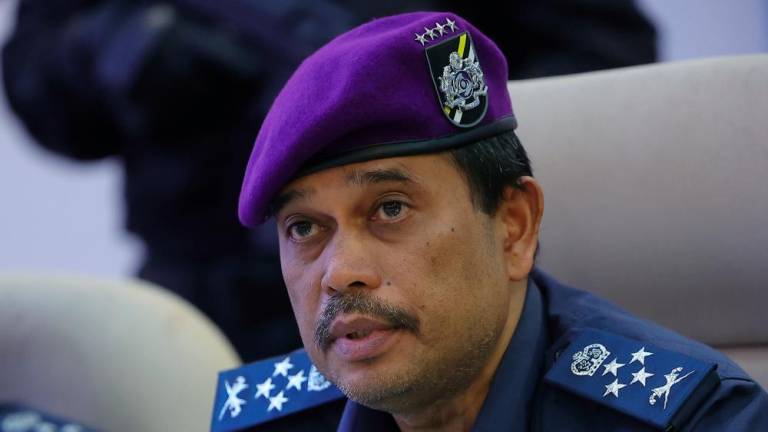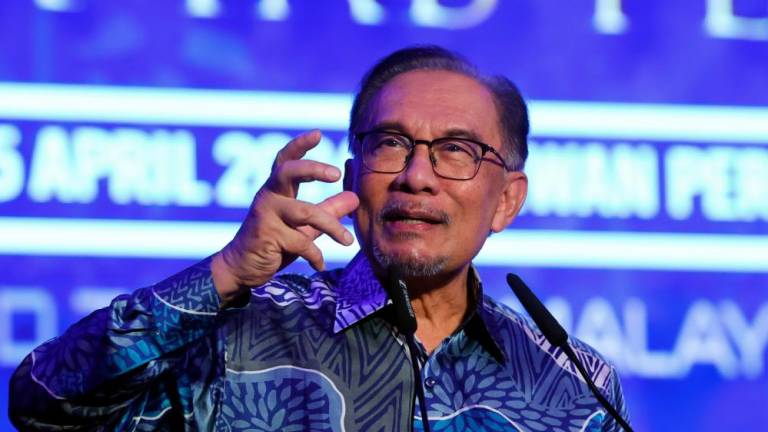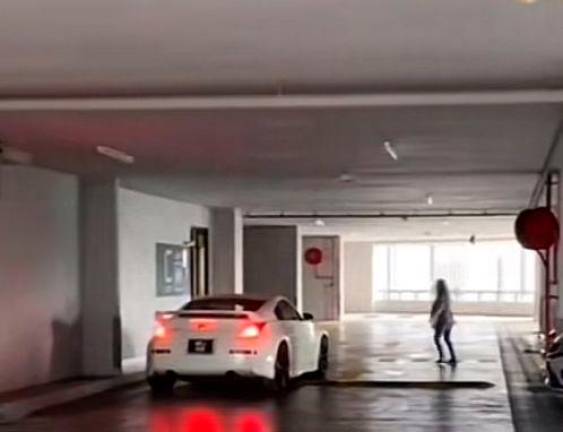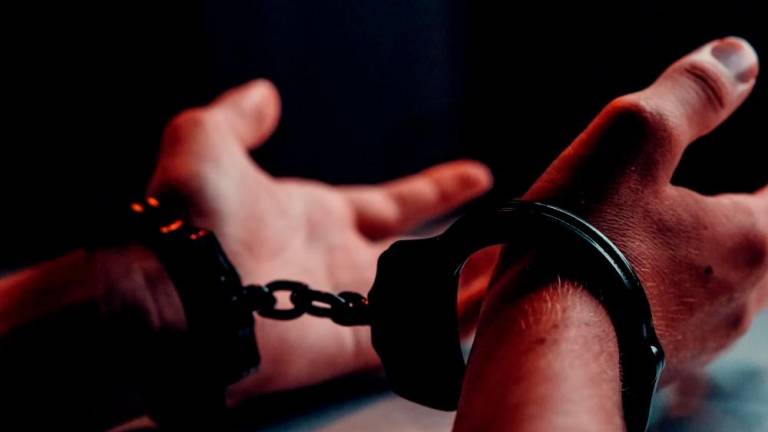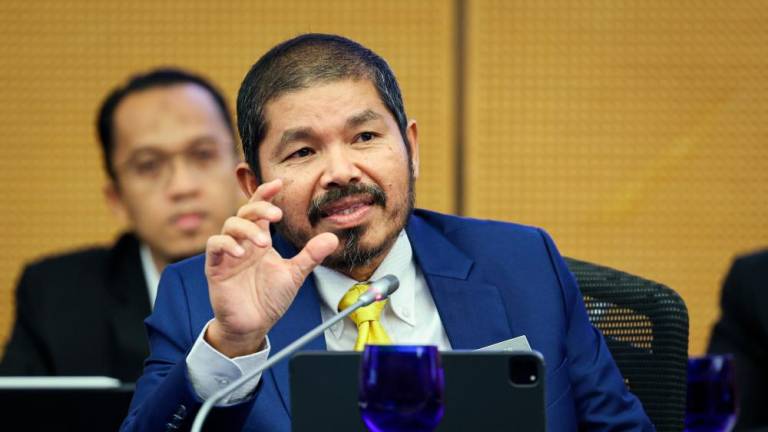I TRULY believe that problems are a gift to us as without them we will stop evolving, and when complacency sets in, we will start to rot in a rut. Problems are in abundance in all walks of life. There is not a single person who is devoid of problems. But when a problem arises, the solution has already been framed – it lies in our approach.
We have to adopt a novel strategy that has not been chosen by others. This will give a new perspective and angle to the problem.
“The way we see the problem is the problem,” says author Stephen R. Covey. The problem is not the problem. The problem is our attitude towards the problem. To come out of the problem, we have to stand away from the problem and analyse its root cause, follow the steps in solving it, and then taking the necessary actions. This will provide a clear and straightforward solution. If it is not possible to solve it, laugh it off. It will at least give us the courage to face more such problems in the future.
The recent furor over the celebration of “Ponggal” went a full cycle and is still trending, some five days after the festivity was described by some as a religious festival. There were some groups that decided to cause mischief, but they were not the masses and, hence, could not have any negative influence on the people with the right mind. Nevertheless, it was a problem that needed some ingenuity to manage.
The debate if Ponggal is a religious or cultural observance is, in my opinion, over-rated as there is always the flip side to the coin.
Humans have evolved over time, so have cultures, customs and rituals over the centuries. To celebrate or otherwise is up to the individual. The person should be allowed to choose without compulsion, especially in this day and age. We may not be able to make clear distinctions because perceptions come into play.
Those who tarnish or criticise the religious or cultural observances of others lack maturity and wisdom. It becomes more dangerous, especially in a country like Malaysia, where our peace is reliant on the mutual respect and understanding among races and religions. Any action to undermine this foundation can be perilous for the nation.
Meanwhile, we must also be aware of implicit racial biases, which is just as caustic, if not worse. It is a tad different from racial discrimination and should not arise as a matter of confusion.
Implicit racial biases are associations made by individuals in the unconscious state of mind. This means that the individual is likely not aware of the biased association, and this is where the danger lies.
Implicit racial bias can cause individuals to unknowingly act in discriminatory ways. This does not mean that the individual is overtly racist, but rather their perceptions have been shaped by experiences and these perceptions potentially result in biased thoughts or actions.
How do we stop such experiences and perceptions before it festers in the society? It is not easy but conscious efforts must be undertaken to see results, but more importantly, there must be a will that is big enough for this to happen.
In this context, the newly minted prime minister revealed a new concept called “Malaysia Madani”, which gives us a flicker of hope, particularly the first core value which reads, “minorities will not be marginalised under any government policy. All policies will involve ethics and morals propagated by all religions”.
It is the rakyat’s hope and wish to see that this ideology is espoused at all levels of the administration.
In the meantime, let us Gong Xi Fa Cai in peace.
Comments: letters@thesundaily.com



